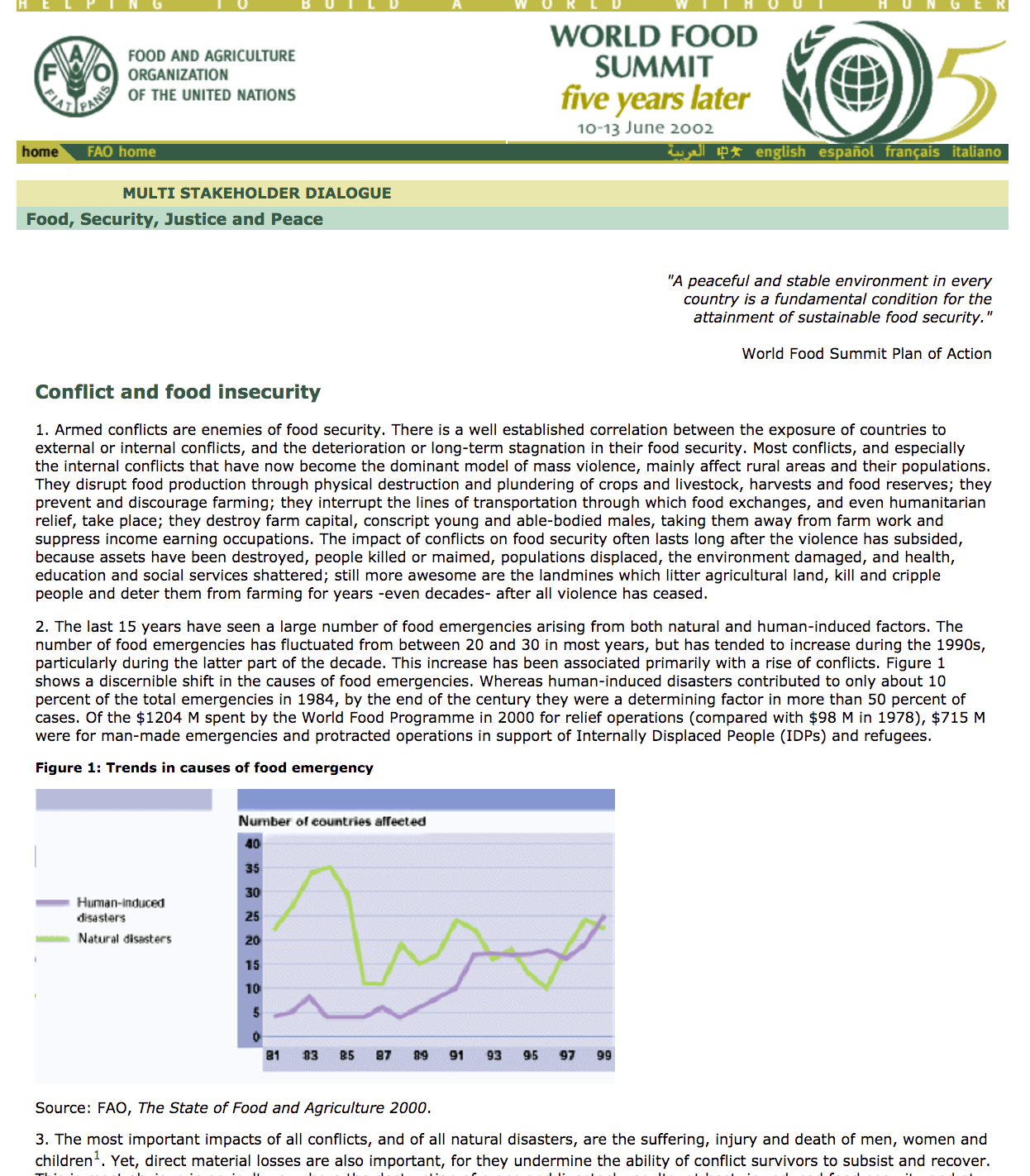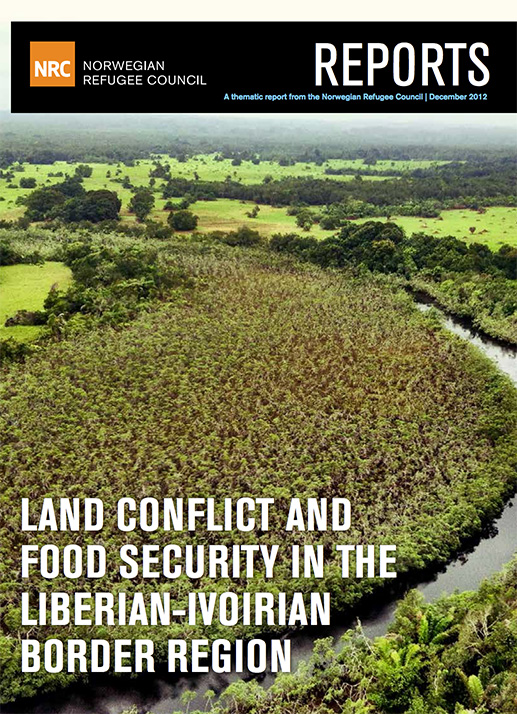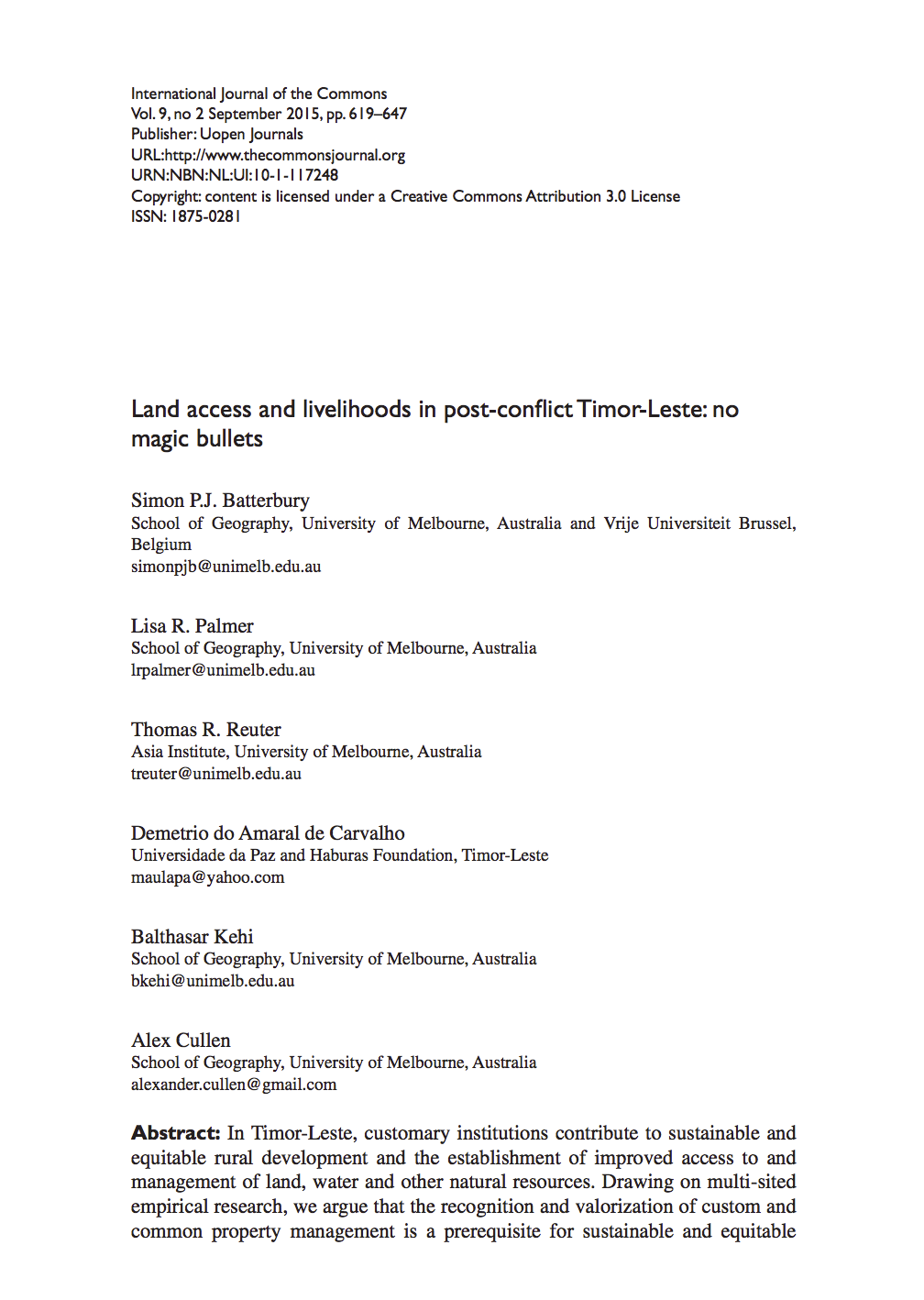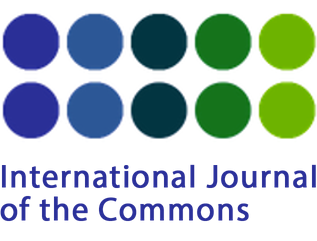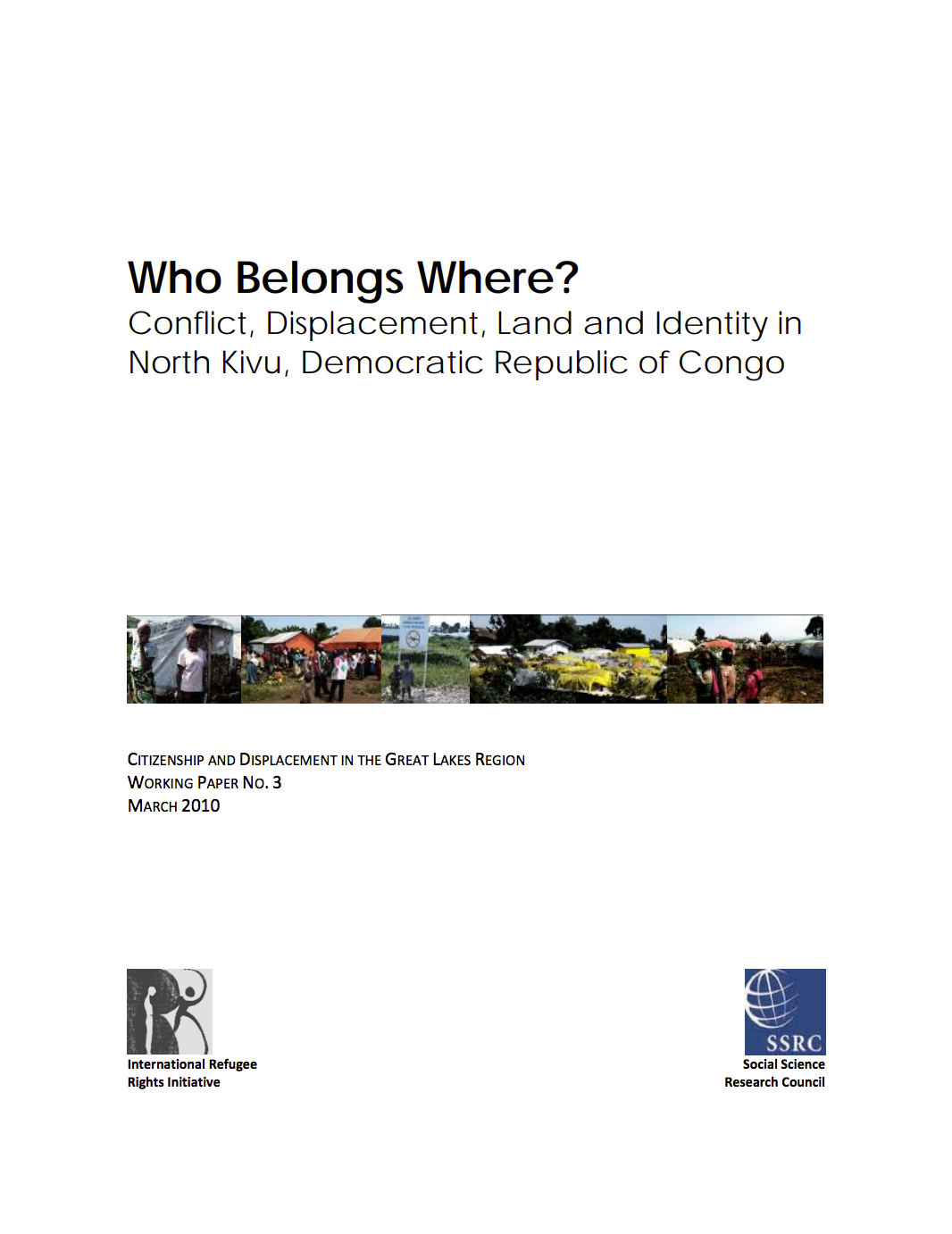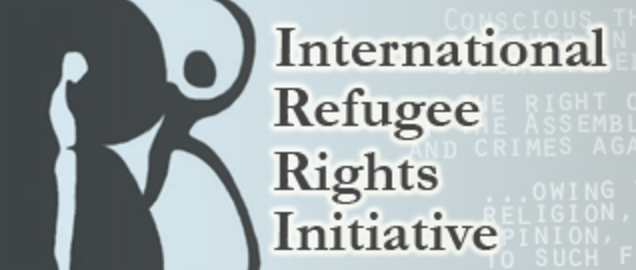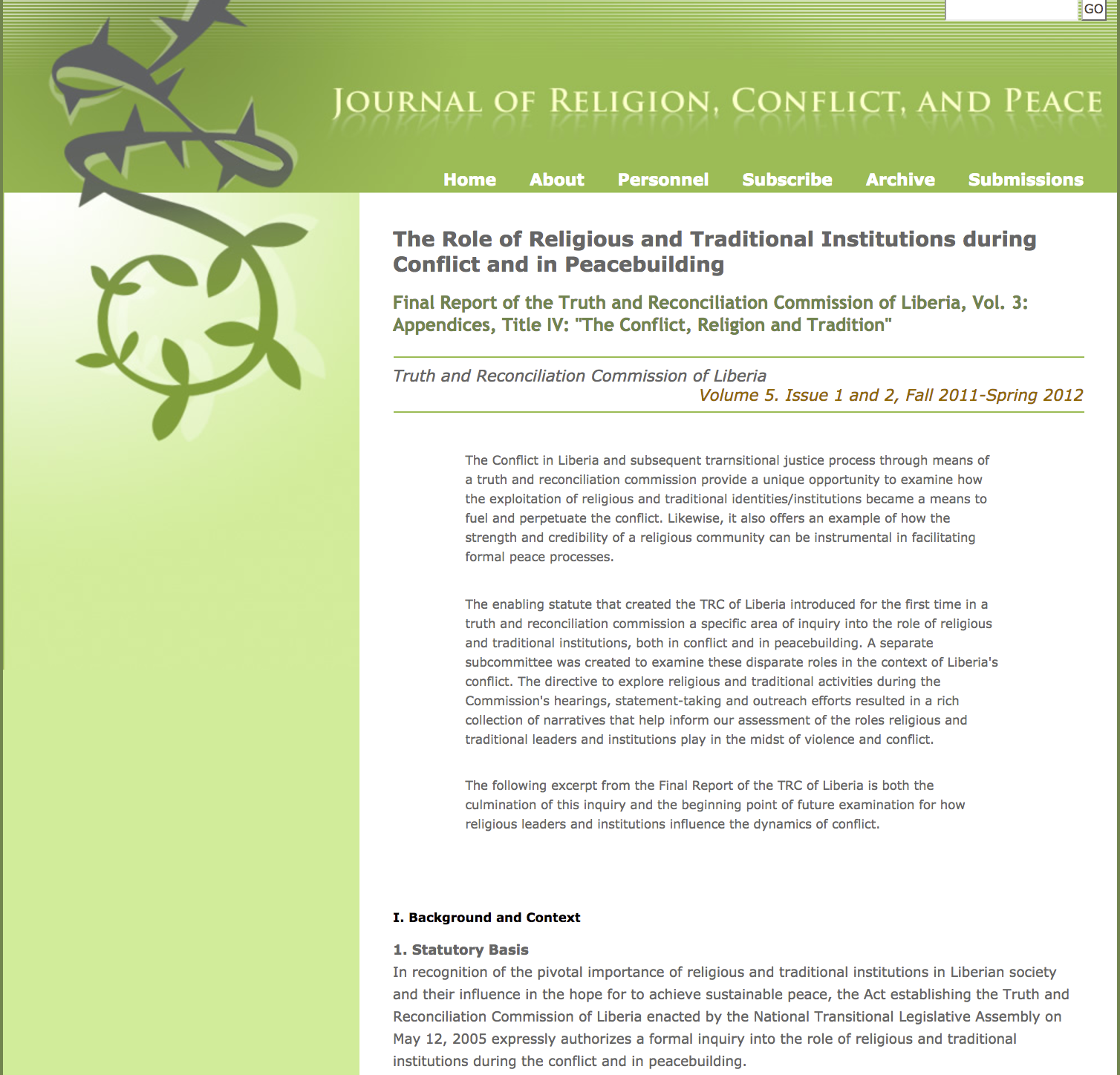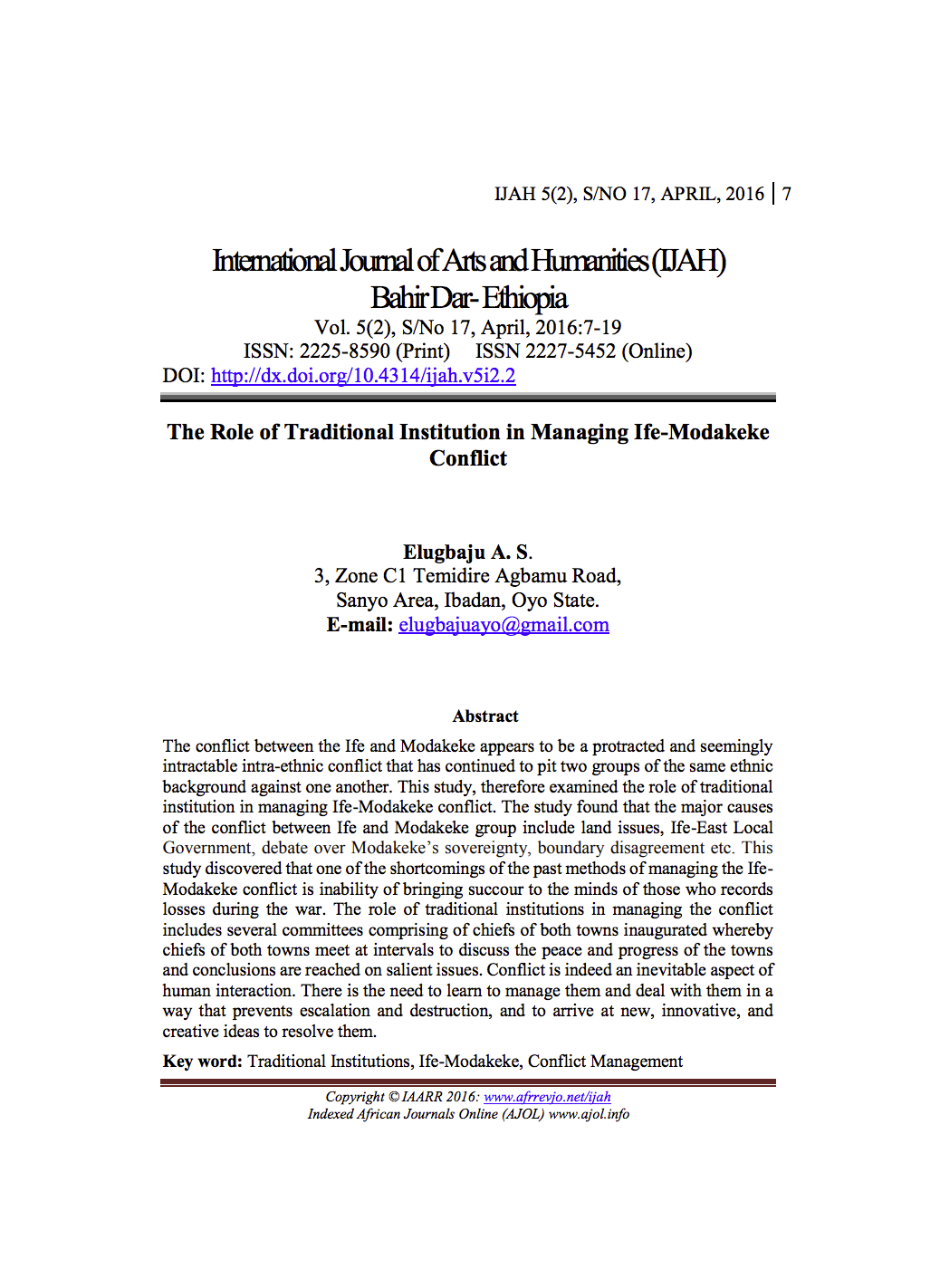Details
Location
Contributions
Displaying 821 - 830 of 2403Conflict and Food Insecurity
Armed conflicts are enemies of food security. There is a well established correlation between the exposure of countries to external or internal conflicts, and the deterioration or long-term stagnation in their food security. Most conflicts, and especially the internal conflicts that have now become the dominant model of mass violence, mainly affect rural areas and their populations.
Land Conflict and Food Security in the Liberian-Ivoirian Border Region
This thematic report is the fifth in a series on housing, land and property rights, and tenure, and land conflict in Liberia. It examines land tenure and conflict from a Liberia/Cote d’Ivoire cross-border perspective within the context of forced displacement caused by the 2010 post-election crisis.
Land access and livelihoods in post-conflict Timor-Leste: no magic bullets
In Timor-Leste, customary institutions contribute to sustainable and equitable rural development and the establishment of improved access to and management of land, water and other natural resources. Drawing on multi-sited empirical research, we argue that the recognition and valorization of custom and common property management is a prerequisite for sustainable and equitable land tenure reform in Timor-Leste.
International Journal of the Commons
The International Journal of the Commons (IJC) is an initiative of the International Association for the Study of the Commons (IASC).
Who Belongs Where? Conflict, Displacement, Land and Identity in North Kivu, Democratic Republic of Congo
Conflict in eastern Democratic Republic of Congo (DRC) appears intractable. Since a peace agreement was signed in 2003, officially ending a decade of war in the country, an estimated two million civilians have died and millions of others have been forced to flee their homes, creating one of the world’s worst humanitarian disasters.
International Refugee Rights Initiative
IRRI was founded in 2004 to inform and improve responses to the cycles of violence and displacement that are at the heart of large-scale human rights violations.
Over the last 12 years, we have developed a holistic approach to the protection of human rights before, during, and in the aftermath of displacement, by focusing on:
- identifying the violations that cause displacement and exile;
- protecting the rights of those who are displaced, and
The Role of Religious and Traditional Institutions during Conflict and in Peacebuilding
The Conflict in Liberia and subsequent trarnsitional justice process through means of a truth and reconciliation commission provide a unique opportunity to examine how the exploitation of religious and traditional identities/institutions became a means to fuel and perpetuate the conflict. Likewise, it also offers an example of how the strength and credibility of a religious community can be instrumental in facilitating formal peace processes.
Journal of Religion, Conflict, and Peace
The Journal of Religion, Conflict, and Peace addresses both the problem of religion and conflict and the possibility and practices of peace, giving particular attention to peace. Articles address everything from interpersonal relationships to international politics and draw from any discipline or combination of disciplines that can illuminate the journal's central concerns. While the journal’s first audience is scholars, its aim is to be relevant and accessible to peace practitioners and anyone else concerned about these themes.
The role of traditional institution in managing Ife-Modakeke conflict
The conflict between the Ife and Modakeke appears to be a protracted and seemingly intractable intra-ethnic conflict that has continued to pit two groups of the same ethnic background against one another. This study, therefore examined the role of traditional institution in managing Ife-Modakeke conflict. The study found that the major causes of the conflict between Ife and Modakeke group include land issues, Ife-East Local Government, debate over Modakeke’s sovereignty, boundary disagreement etc.
African Journals Online
African Journals OnLine (AJOL) is the world's largest and pre-eminent collection of peer-reviewed, African-published scholarly journals.
Historically, scholarly information has flowed from North to South and from West to East. It has also been difficult for African researchers to access the work of other African academics. In partnership with hundreds of journals from all over the continent, AJOL works to change this, so that African-origin research output is available to Africans and to the rest of the world.


